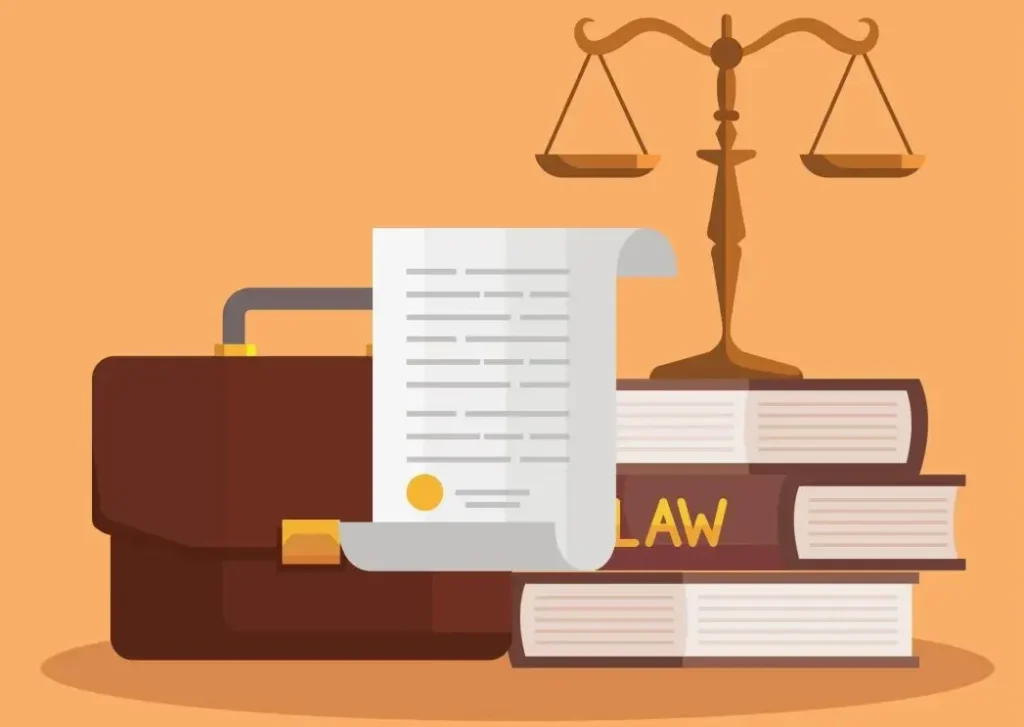Service charge is a cost related to managing the let properties (of large size). Cost of managing such property can be of two categories:
- Costs solely related to individual tenants’ space
- Costs incurred in shared spaces of the property
Cost solely related to individual tenants are recovered wholly from the respective tenants. But to recover the costs for common spaces, the landlord charge “service charge” to all tenants. Generally, service charge is charged to recover costs like:
- Maintenance of lighting, heating, electricals; equipment like alarms, fire extinguishers etc, in shared spaces like corridors, parking, elevators etc
- Maintenance of garden, road etc
- Insurance of common areas
- Cleaning of common areas
Commercial Property Service Charge Accounts: Landlord’s responsibility

The service charge accounting involves a great deal of accountability and transparency. Royal Institution of Chartered Surveyors (RICS) has issued Service charge codes for commercial properties. As per the codes, the landlord or the manager of the commercial property must:
- Ensure that all expenditure they seek to recover must be as per lease terms
- Seek to recover no more than 100% of the proper and actual costs of the services
- Issue service charge budgets, including appropriate explanatory commentary, to all tenants
- Provide an approved set of service charge accounts to all tenants on annual basis. The accounts must show a true and accurate record of the actual expenditure constituting the service charge
- Provide a service charge apportionment to all tenants on annual basis
- Hold service charge monies (including reserve and sinking funds) in one or more discrete (or virtual) bank accounts
- Record Interest earned (if any) on money collected as service charge
What should Annual Statement (report) on Service Charge Expenditure include?
ICAEW’s guidelines on service charge accounts suggested the below format of the manager’s report on service charge expenditure:
- Introduction
- The Management team
- Service Charge Certificate (provided by the landlord’s surveyor)
- The independent accountant’s report
- Service Charge Expenditure report
- Notes to the expenditure report (includes information on accounting principles used, total management cost etc)
- Service charge allocation and apportionment (includes information about empty parts of the property and concessions granted to tenants)
- Operational Review (includes type and cost of services provided)
- General Notes (includes any other information that might be relevant to the occupants)
When should the Budget and Service Charge Accounts be issued?
Managers should issue budgets to occupiers, including an explanatory commentary and apportionment matrix at least one month prior to the start of the service charge year.
Detailed statements of actual expenditure, together with accounting policies and explanatory text, should be issued within four months of the service charge year-end.
What are Service Charge Accounts?
Usually, the lease agreement require a yearly ‘service charge accounts’ be prepared and shared with the occupants. It should reflect the actual expenditure incurred by the owner in supplying services in the property.
Generally, service charge accounts are reviewed by an independent accountant (though sometimes, service charge accounts audit might be required if imposed by lease terms). Difference between independent review and audit is explained by ICAEW service charge accounts.
How to prepare Service Charge Accounts?
Generally, accountants’ reports on commercial property service charge consists of:
- Statement of Service Charge Expenditure and Notes to Expenditure Report
- Balance Sheet
- Service Charge Apportionment Schedule
- Service Charge Variance Report
Apart from the above, adequate disclosures should be included wherever required.
1. Statement of Service Charge Expenditure
Usually, the manager of the commercial property accounts for the service charge and issues an “annual statement of costs and expenditure” to the tenants. RIC recommends that:

The statement should be certified by the landlord’s surveyor (and reviewed by independent accountants) to confirm that the report is true and fair and compliant with lease terms. It is a best practice to provide additional information like budgeted versus actual expenditure for transparency.
The contents of the Manager’s report on service charge expenditure are:
- Introduction
- The Management team
- Service Charge Certificate (provided by the landlord’s surveyor)
- The independent accountant’s report
- Service Charge Expenditure report
- Notes to the expenditure report (includes information on accounting principles used, total management cost etc)
- Service charge allocation and apportionment (includes information about empty parts of the property and concessions granted to tenants)
- Operational Review (includes type and cost of services provided)
- General Notes (includes any other information that might be relevant to the occupants)
2. Balance Sheet
The balance sheet contains assets and liabilities with regards to service charges. If accounts prepared on accruals basis, balance sheet should show:
- Receivable from occupants (debtors): The amount paid to suppliers for the services but yet to be recovered from the tenants are shown as accrued expenses (debtors). The balance of accrued expenses at the start of the year, any increase/decrease in the year and the balance at the end of year should be reflected.
- Payable to occupants (creditors): The landlords sometimes collect service charge in advance and spend to pay for supplies later. Any amount remaining after payment to suppliers, should be recorded as creditors (means liability to the tenants). The balance at the start of the year, any increase/decrease in the year, and the balance at the end of year should be reflected.
- Cash Balances and long-term cash funds: This reflects the amount held in the bank account (if a separate account has been created for the purpose of service charges) and any reserve fund (amount held for improvements in the property in the future).
3. Service Charge Apportionment Schedule
It shows the % of cost apportioned to each unit of the property. The % apportioned for each category of cost might vary depending on the nature of cost. For example, cost of cleaning might be apportioned based on the area of each unit of the building or cost of internet might be apportioned based on the number of users.
4. Service Charge Variance Report
A budget is a key in service charge accounting. Before working out for the next year’s budget, it is necessary to check how effective the last year’s budget was. So, a budget versus actual expenditure is prepared (with comments wherever big deviances). Budgets are issued at least one month prior to the start of the service charge year.
Frequently Asked Questions
How do Residential Service Charge Accounts differ from Commercial Property Service Charge?
Just like commercial property service charge accounting, the objective of ‘residential property service charge’ accounting is maintaining transparency among the tenants. But the requirements of residential service charge differ from commercial one as instructed by ACCA service charge accounts.
Do Service Charge Accounts need to be audited?
If required by lease agreement terms, it is advised to get service charge accounts audited. This will mitigate potential conflict between the landlord and the tenants.
Conclusion
Though there are several service charge accountants in the market, service charge accounting requires proper understanding and expertise which UK Property Accountants can offer.
[elementor-template id=”682236″]



